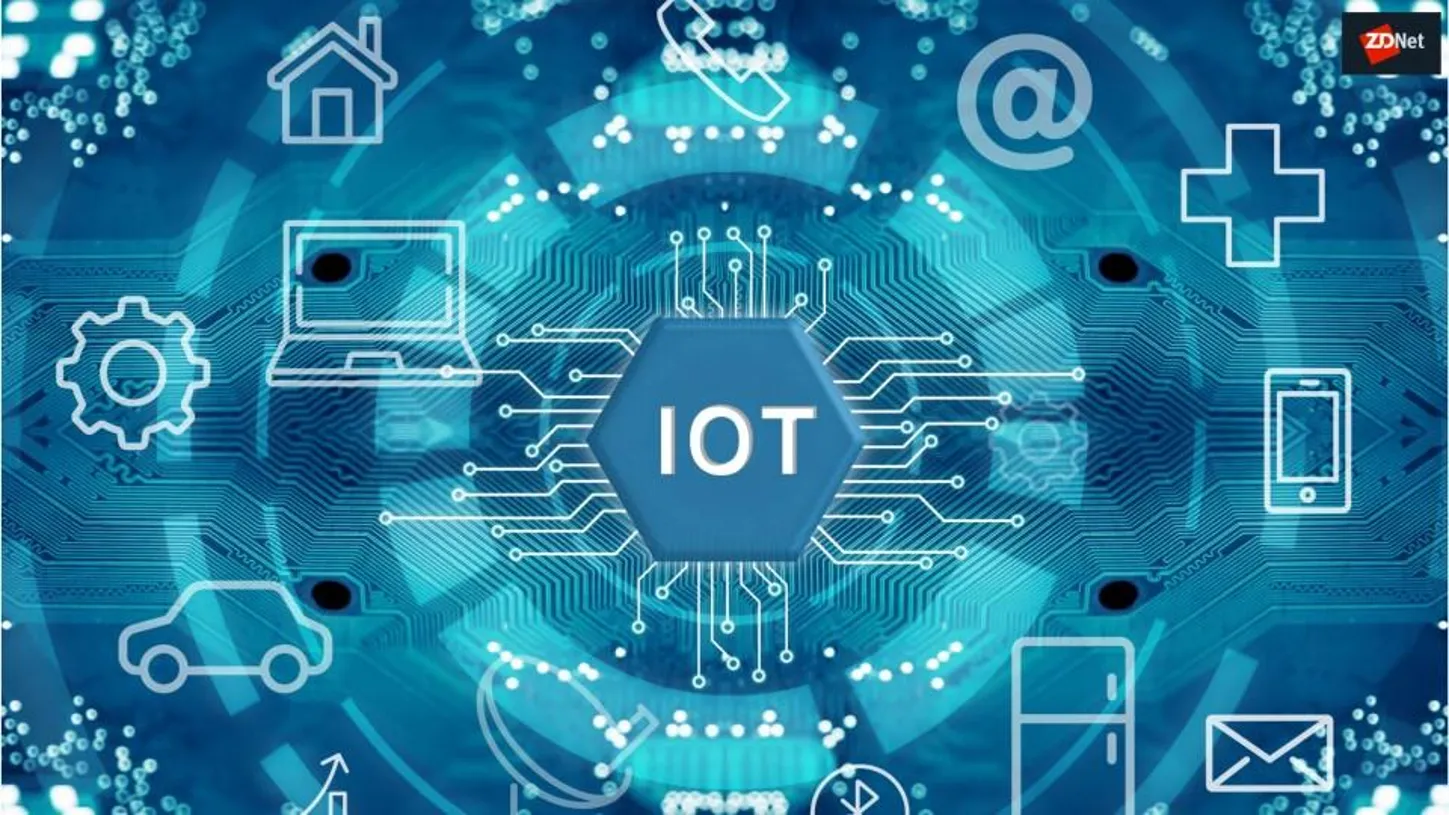Introduction
The Internet of Things (IoT) has emerged as a game-changing technology that connects a wide array of devices and objects to the internet, enabling them to collect, exchange, and analyze data. As IoT continues to evolve, it is reshaping industries and driving transformative changes across the globe. In this article, we explore the emerging trends in IoT and how this interconnected ecosystem is set to revolutionize various aspects of our daily lives.

1. Ubiquitous Connectivity
One of the key trends in IoT is the widespread adoption of connected devices. From smart homes and wearables to industrial machinery and smart cities, the proliferation of IoT-enabled devices is creating a seamless and interconnected environment.
2. Edge Computing
Edge computing is gaining prominence in IoT as data processing and analytics are moved closer to the source, reducing latency and enhancing real-time responsiveness. This trend empowers IoT devices to process data locally and only transmit relevant information to the cloud, optimizing network bandwidth.
3. AI and Machine Learning Integration
IoT’s potential is further magnified by the integration of artificial intelligence (AI) and machine learning. AI-driven analytics enable IoT devices to learn from data patterns, make autonomous decisions, and continuously improve performance.
4. 5G Network Advancements
The advent of 5G technology is revolutionizing IoT by offering ultra-fast and low-latency connectivity. This high-speed network empowers IoT devices to exchange data seamlessly, enhancing IoT capabilities across industries.
5. Industrial IoT (IIoT)
In the industrial landscape, IIoT is transforming traditional manufacturing processes and supply chains. Smart factories equipped with IoT devices enhance production efficiency, reduce downtime, and improve predictive maintenance.
6. Healthcare Innovations
IoT is revolutionizing the healthcare sector with the introduction of connected medical devices and wearables. Remote patient monitoring, personalized health tracking, and efficient healthcare delivery are some of the notable advancements in this domain.
7. Smart Cities
IoT’s impact on urban living is evident in the rise of smart cities. IoT-driven infrastructure, such as smart transportation systems, waste management, and energy-efficient buildings, is enhancing urban living experiences.
In agriculture, IoT is optimizing farming practices through precision agriculture techniques. IoT devices enable farmers to monitor soil conditions, irrigation systems, and crop health, leading to increased productivity and sustainable farming practices.
9. Enhanced Consumer Experience
IoT is transforming consumer experiences across sectors, from smart homes that offer automated and personalized living spaces to connected vehicles with advanced driver assistance systems.
10. Data Security and Privacy
As IoT expands, data security and privacy concerns become paramount. The adoption of robust encryption, secure communication protocols, and user consent mechanisms are essential to protect sensitive information.
Conclusion